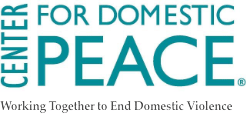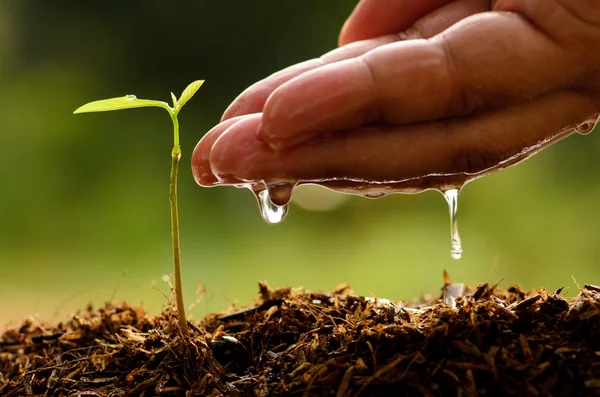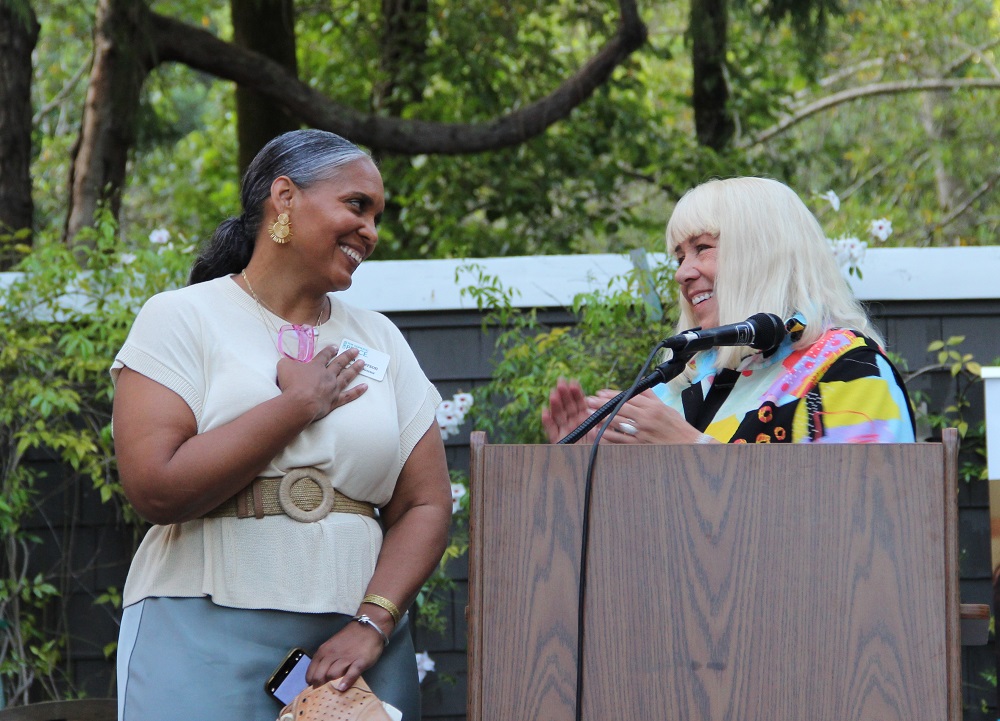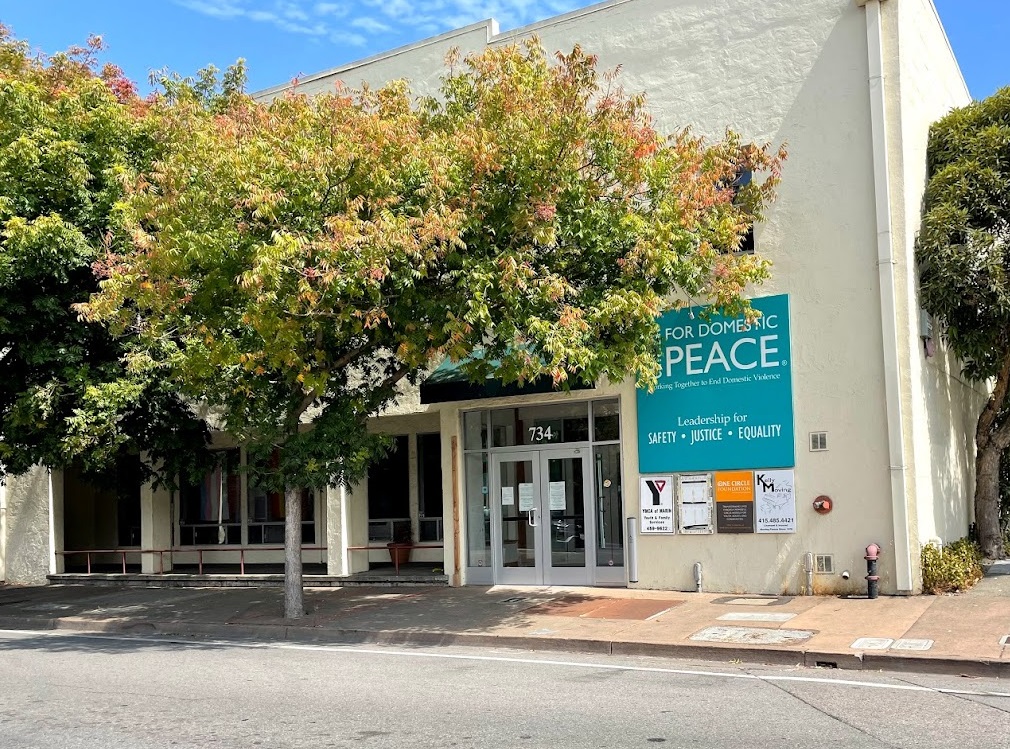You will not hear those who identify as boys and men say, “I don’t wear a mask because I have to prove my masculinity.” Yet research shows they do.
According to the Middlesex University in London and Mathematical Science Research Institute in Berkeley, there is a correlation between gender and mask wearing during the COVID-19 pandemic. Men are significantly less likely to wear a mask in public, putting themselves at higher risk for exposure and death.
Why? Perhaps the answer is found in the way men are trained to be men.
Creating dialogue and understanding about the harmful effects of masculinity with young men is at the heart of my work. As the Youth and Young Adult Prevention Coordinator at the Center for Domestic Peace, I lead discussions on male-role socialization topics that can be uncomfortable. Yet, many boys and men are eager to have such conversations. They tell me in private, “I appreciate being able to talk about these tough topics.”
Since the pandemic shelter-in-place order, the youth I’m working with have been discussing how wearing a mask is a sign of vulnerability and weakness for some men. From infancy, most men are socially trained on what is expected and considered appropriate behavior. Being tough and in control are held up as exemplary traits of a “true man.”
Vulnerability and weakness do not fit into that “man box.” Behaviors that society deems out of this box are often met with violence or shame to remold the person.
For those of us who study the impact of gender on society, not wearing a mask can be a byproduct of gender stereotypes and learned behaviors. You may hear, “Real men don’t wear masks.” In this case, being a man means being tough enough to survive COVID even if infected.
By going against public health recommendations, these men attempt to demonstrate power. Those who do not wear a mask can gain status among their male peers, which encourages others to mimic such behaviors. In a male-dominated world, even some women mimic non-mask wearing behaviors to be seen as tough.
This mimicking behavior is what I see young men in our group discussions struggle with. Entire groups of young men have shown me that they put on a mask of toughness to hide their true emotions.
What we do know is that many men in power reinforce male socialization. Leaders who don’t wear masks encourage others not to by example.
Media platforms extol the value of men being rebellious, risk-takers and even violent in defending their freedom at others’ expense. What younger men see in media, politics and society influences their experience of growing into manhood.
Ultimately, the problem with some men not wearing masks is that it is potentially dangerous for others. Men know they are expected to care about their families, but their masculinity becomes misguided by their privilege and status.
The pressure on men to be in control becomes more important than family and safety. The stigma of wearing a mask supersedes the benefit of keeping loved ones safe from the virus.
Some men do not want to wear a mask. However, most men have been wearing their mask of masculinity since boyhood. The pressure to conform to what society approves of blocks many from connecting with their authentic self. There is freedom and real caring for others when you can be yourself and not follow strict and harmful gender stereotypes.
I wear a mask. It is not because it is comfortable or fashionable, but because I care about the people I call family and friends. Their health becomes my priority, and it is not something that I am willing to risk.
Perhaps it is because when I was in the U.S. Marines, I learned community value. The most important thing was not myself, but to make sure the guys to my right and left returned home safely. With that idea in mind, wearing a mask is the first line of defense against COVID.
I wear my mask to make sure the person to my left and right remains alive.
Jonathan Deras, of San Rafael, is Youth and Young Adult Prevention Coordinator at the Center for Domestic Peace.





